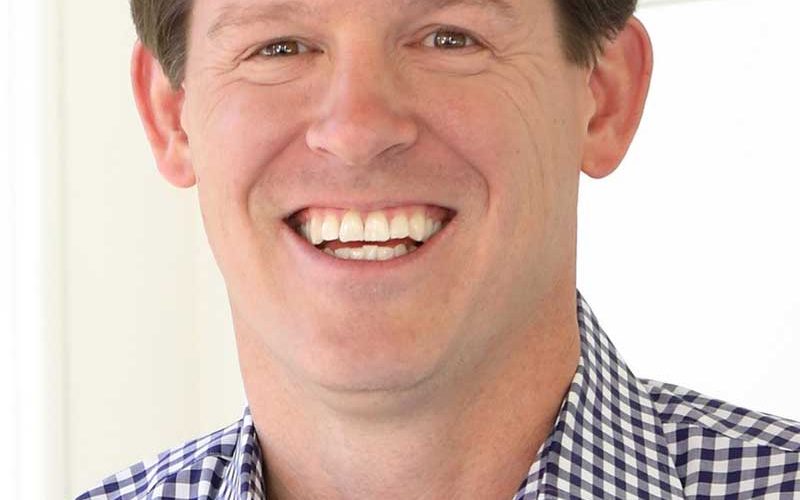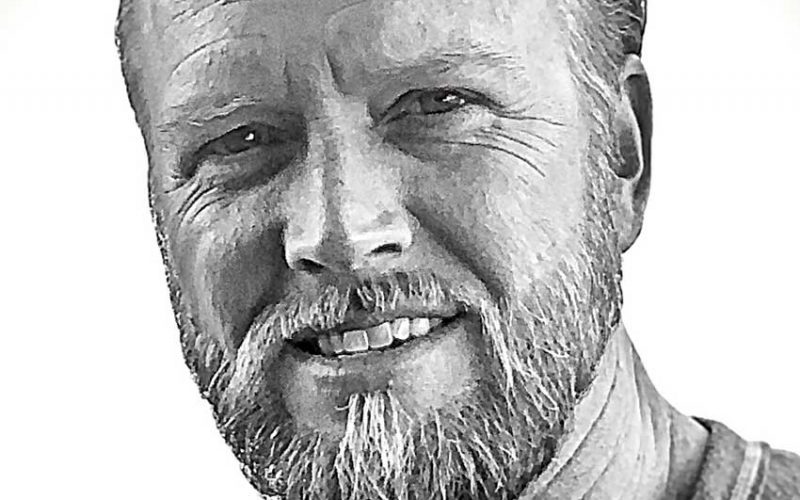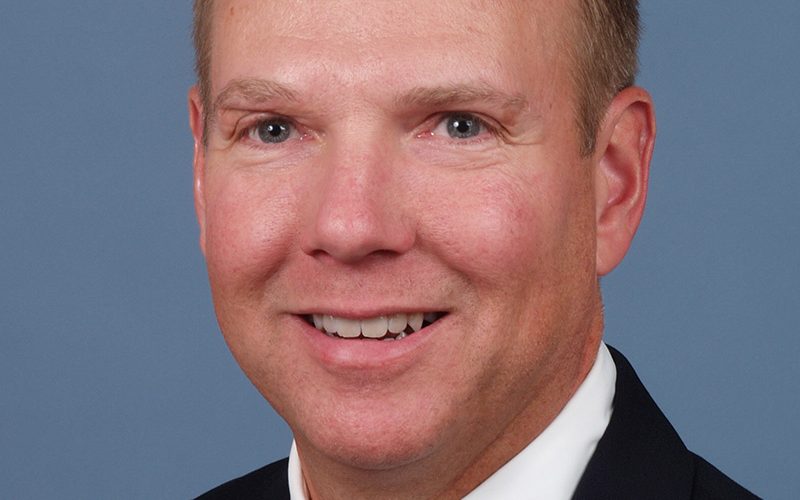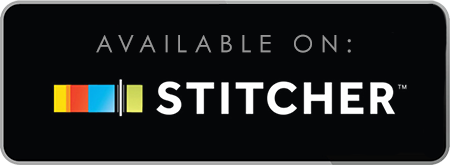Ep.163: [Unscripted Back-Up] Strategy Isn’t Enough with Brian Gottlieb
As we begin to reflect on 2021, we are taking a look back at some of our more popular episodes. Check out this episode and listen to the importance of executing a strong business strategy as you begin to make plans for 2022!
A successful remodeling business isn’t only dependent on tactics or the larger strategy behind them. A company’s culture plays a crucial role in executing any business strategy.
In this episode, Brian Gottlieb discusses the key steps needed for a business to implement their desired strategy with Victoria and Mark.
Brian Gottlieb is the founder and CEO of Tundraland Home Improvements, which serves all of Wisconsin. He started his business on a plastic folding table, with just $3,000 in cash. Today, Tundraland employs more than 220 people, and revenues are in excess of $42 million.
He defines strategy as an integrated set of choices an organization makes to position against the competition, add value to their customers, and add value to the company. Brian’s “a-ha” moment came last summer, when he understood that when a community is at its full potential, we’re all in a better place; and when an organization is at its full potential, we’re all in a better place.
He calls Tundraland a training organization — developing an employee to his or her full potential is a key point of the company’s strategy. Brian describes the four ways to define your culture, and how to make it stronger, including:
- How building a strong culture is like building a ship
- How realizing potential depends on others
- Examples of the wrong strategies
- And more …
Are You Getting Everything PowerTips Offers?
As a PowerTips Unscripted listener, we hope you are enjoying this podcast, but are you subscribed to our PowerTips Content System? If not, you’re missing out on a TON of great information! That’s like eating just a tortilla chip and skipping the whole enchilada!
Subscribe to PowerTips today and take advantage of 2 weekly podcasts, a library of blog posts, a video “vault” of amazing topics and more!
Click here to subscribe!















